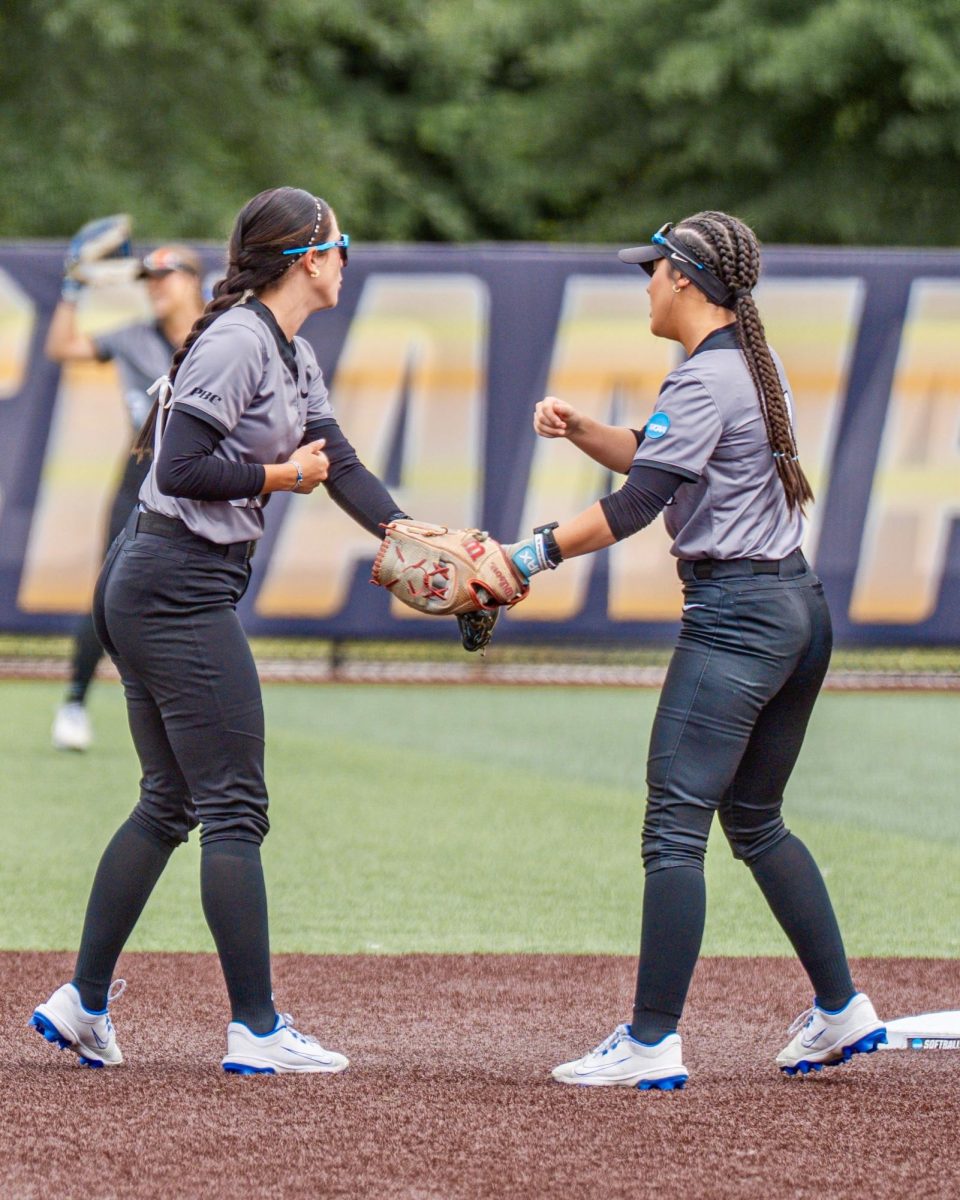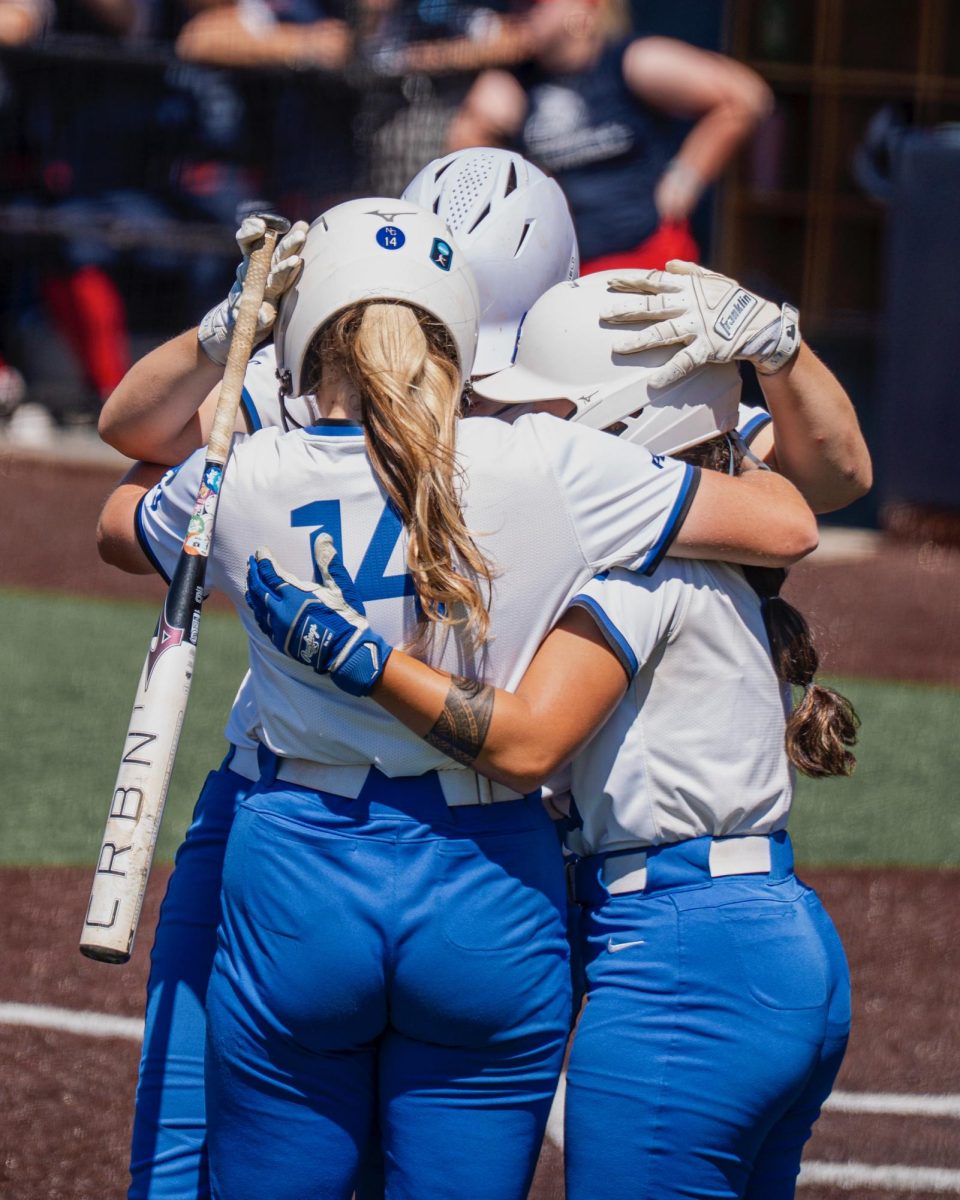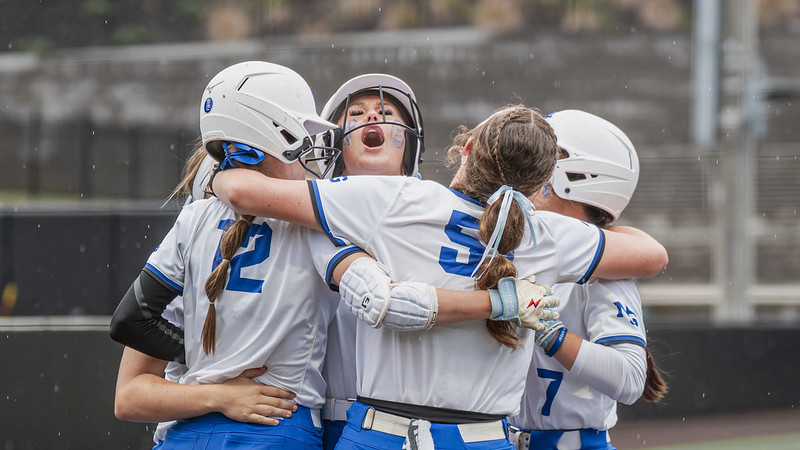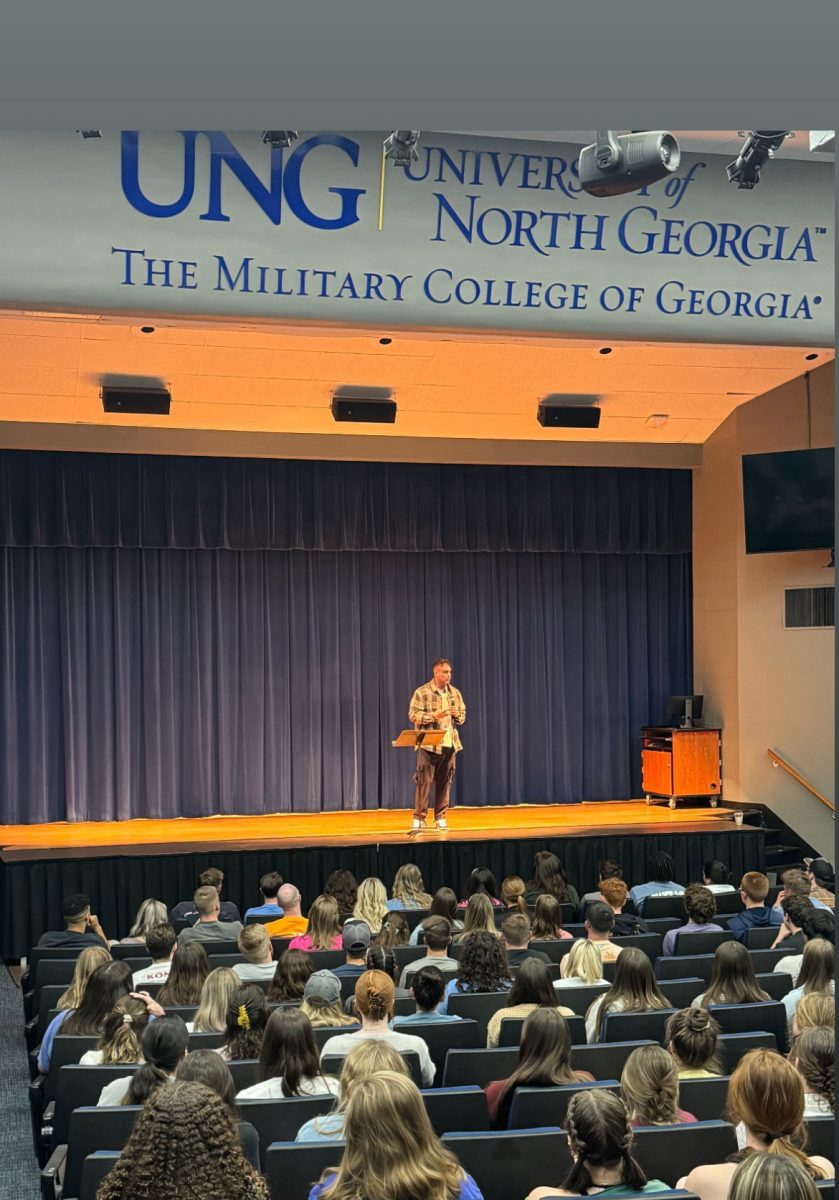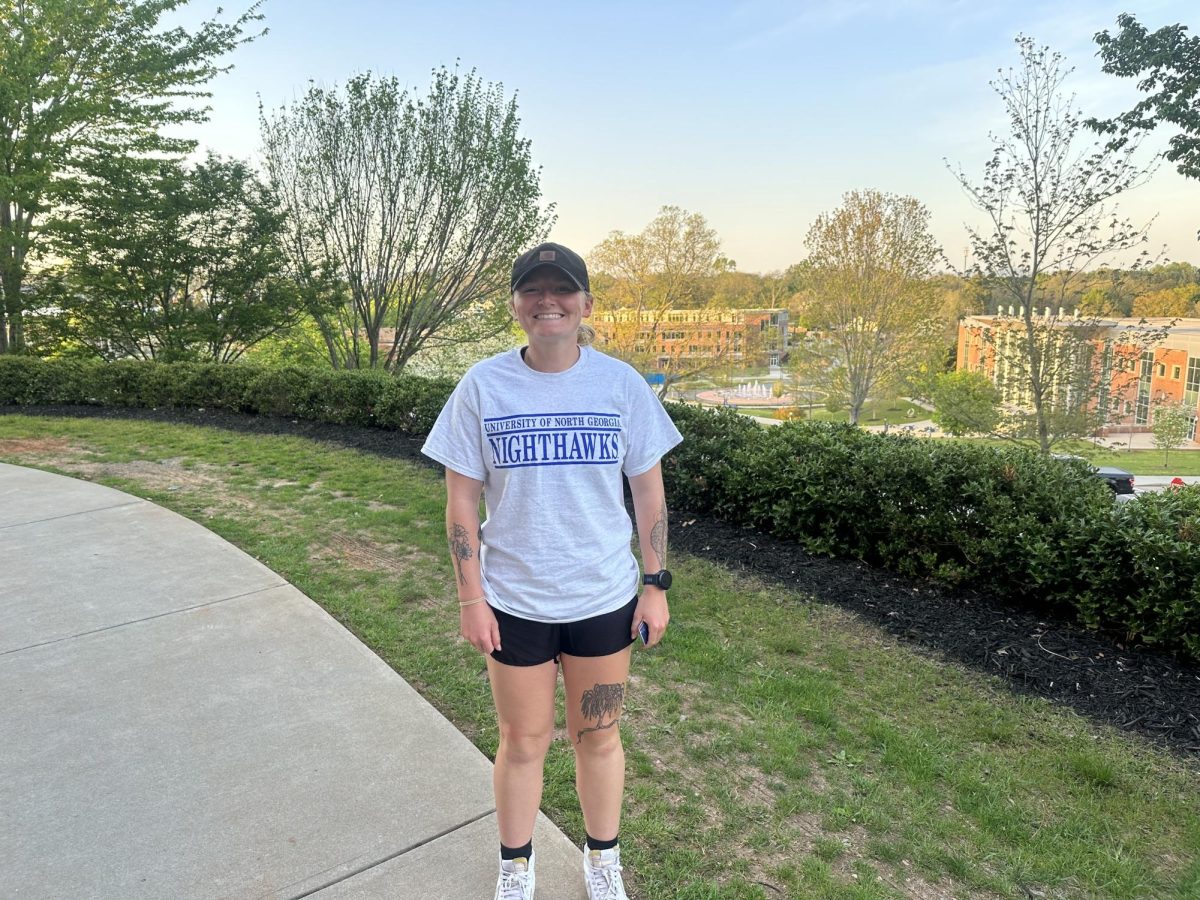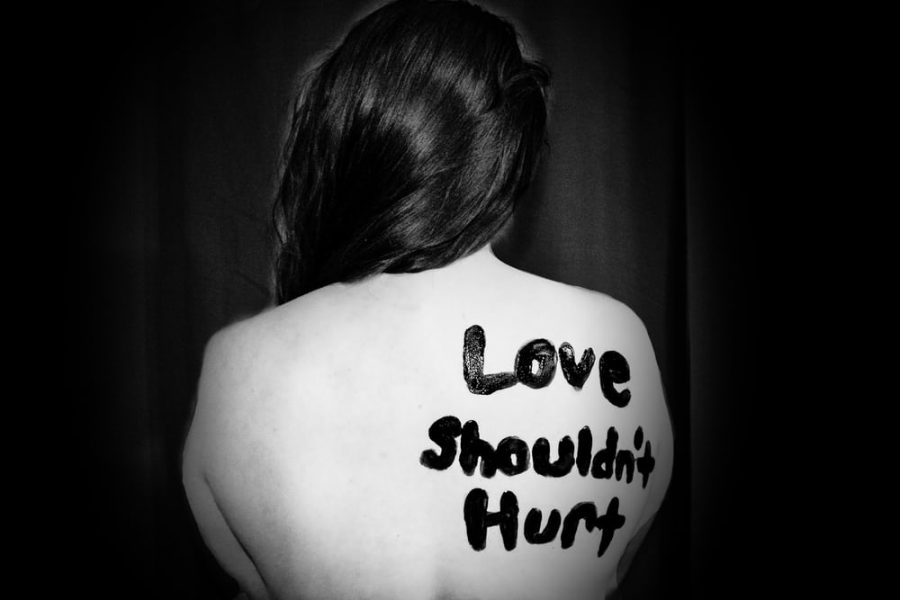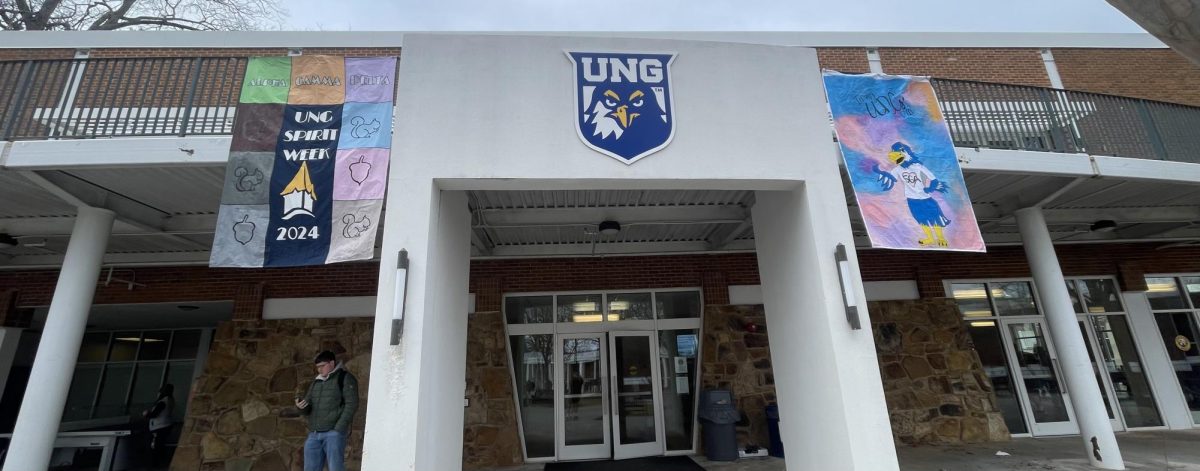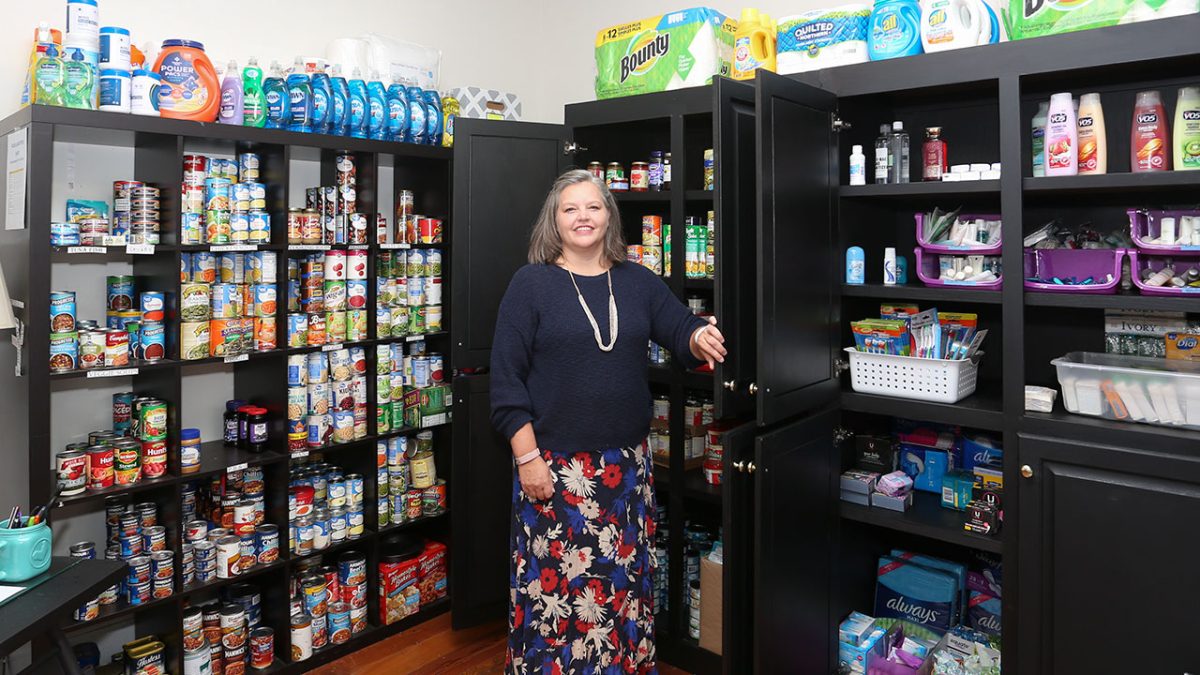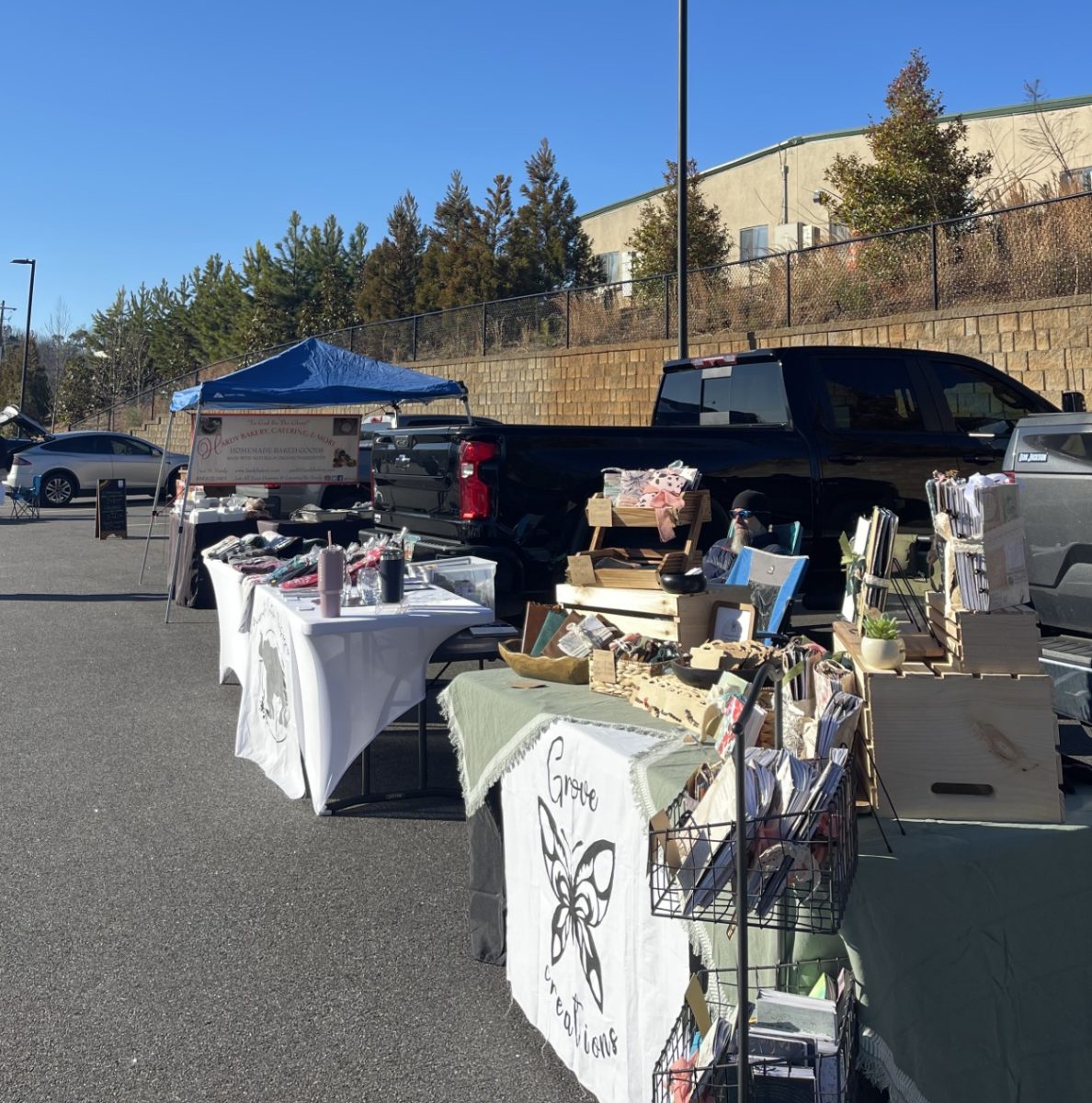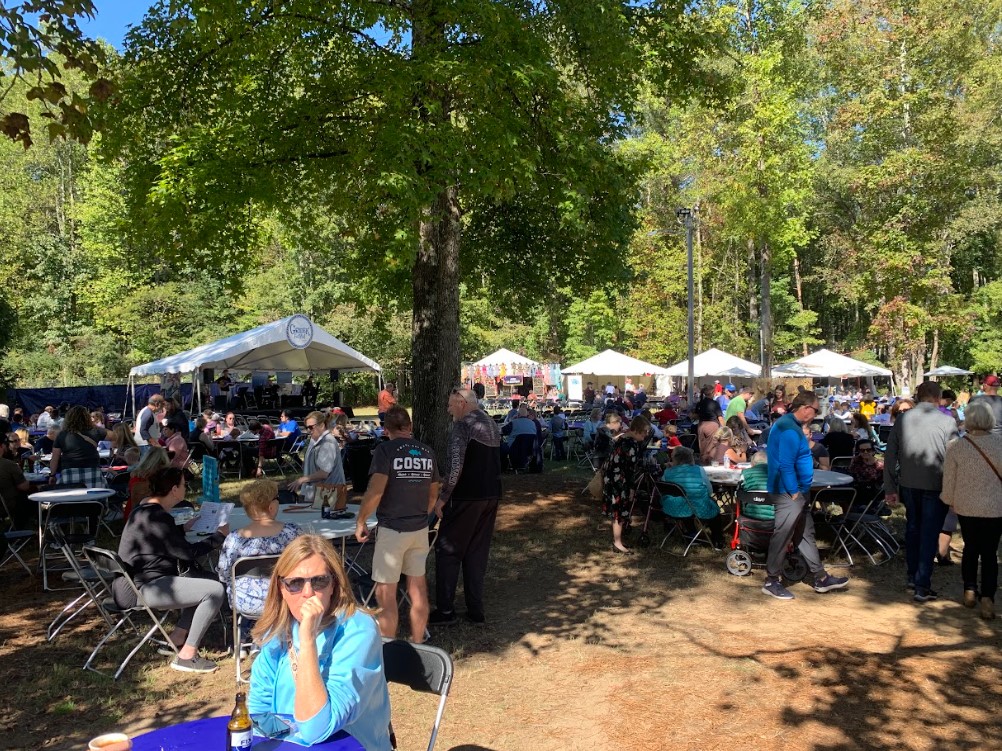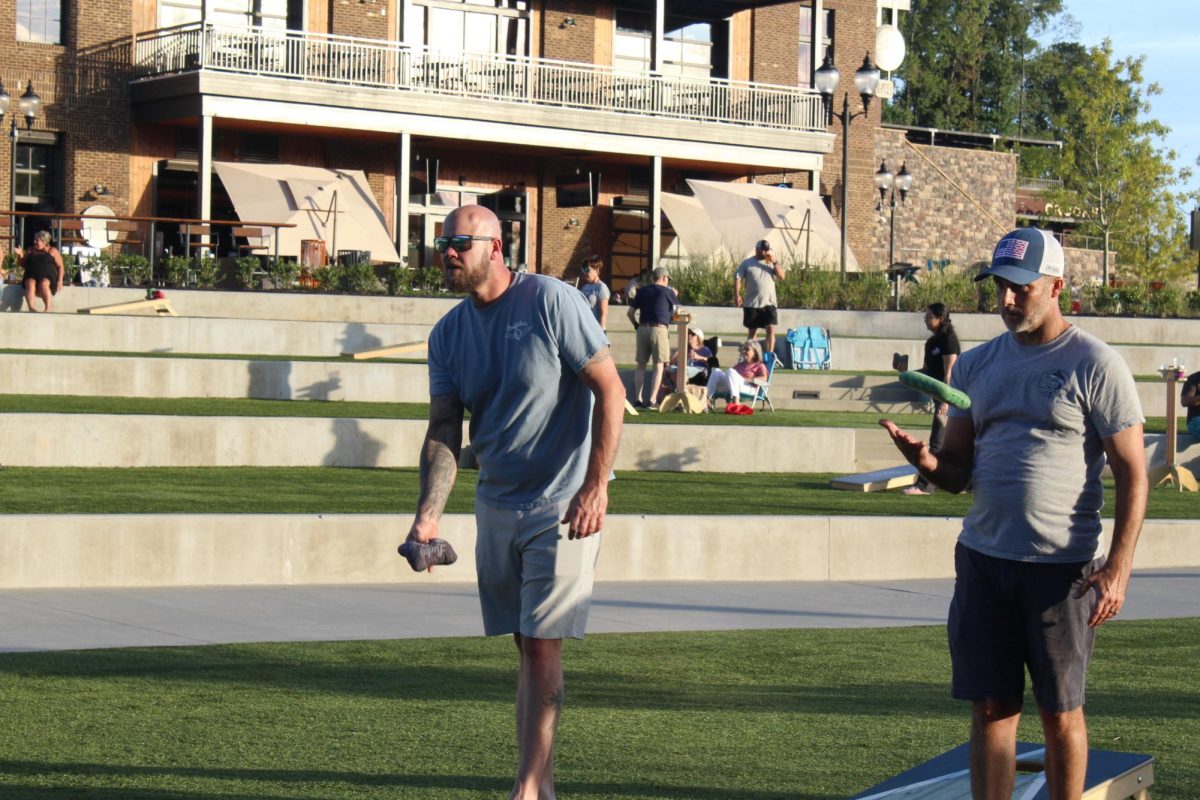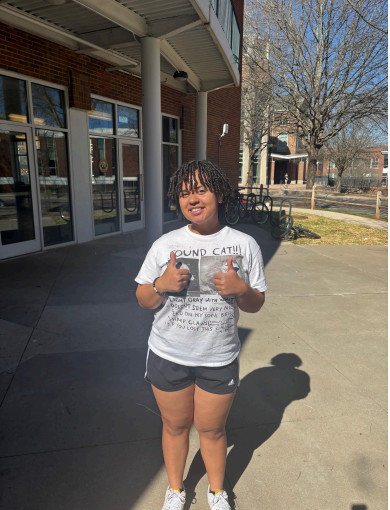Domestic abuse is defined by the United Nations as “a pattern of behavior in any relationship that is used to gain or maintain power and control over an intimate partner.” This abuse comes in various forms whether it’s physical, sexual, emotional, or psychological. Sadly, domestic abuse is extremely common, especially among college aged students.
According to The Healing Abuse Working for Change, an organization that raises awareness and funds for those who have been abused, “college-aged women (between 16-24) have the highest per capita rate of intimate partner violence. 21% of college students report having experienced dating violence by a current partner, and 32% of college students report experiencing dating violence by a previous partner.”
Some of the reasons correlated with why these statistics are so much higher for college aged individuals is because, “peer pressure, the presence of drugs and alcohol, stressful schedules, tight-knit friend groups and social media contribute to higher rates of abuse, sexual assault and stalking for students.” However, these statistics could be even higher than what is reported because many students don’t report their abuse out of fear for their abusers, family and friends finding out and academic standings.
Domestic abuse causes various traumatic effects for victims. The National Domestic Violence Hotline says, “Almost half of all women and men in the US have experienced psychological aggression by an intimate partner in their lifetime (48.4% and 48.8%, respectively).”
They also report that, “81% of women who experienced rape, stalking, or physical violence from an intimate partner reported significant impacts (short-term or long-term) like injuries or symptoms of post-traumatic stress disorder. 35% of men reported the same significant impacts.” Out of all the domestic abuse cases reported to the NDVH, 69% of females and 53% of male victims had their first experience before the age of 25.
The Warning Signs
According to the National Coalition Against Domestic Violence, 90% of sexual assault victims on college campuses knew their attacker. Being knowledgeable about the warning signs of a toxic relationship might be key to protecting yourself. NDVH provides common themes of toxic behavior that could serve as warning signs like when a partner tells you you don’t do anything right, shows extreme jealousy, prevents your from spending time with others, insults you or shames (especially in front of others), controls your finances, pressures you to have sex or perform sexual acts you’re not comfortable with, intimidates you, or destroys your belongings.
Student Experiences
Even though it has been statistically shown that overall more men have been affected by domestic abuse, all of the student experiences shared are female. After reaching out to a male student who was abused, he no longer felt comfortable sharing his story.
A junior communications major on the University of North Georgia’s Gainesville campus describes her experience with stalking after her last relationship. She says, “Me and my boyfriend of six months broke up at the beginning of COVID-19. The first couple weeks after our relationship ended were fine, we respected each other’s space and just didn’t converse during that time, but after I finally unfollowed him [on social media] he got crazy. He would make various fake accounts to follow me, harass my friends who were still following him, and has even shown up in my neighborhood a couple times. It’s been over a year since we broke up and last month I saw him leaving an intersection by my house even though his house is over 45 minutes away from mine. He works over an hour away too so there is no reason for him to be in my area. I was questioning if I was going crazy, and looked back at the car to see him smile and wave at me. That is the fourth time I’ve seen him around my neighborhood after the breakup and every time I see the type of car he drives I get anxious. I wonder about the other times I might not have seen him, but he was there and it made me sick.”
She explains that there weren’t any major red flags while they were dating, but there were moments where she felt that something was wrong. She says, “I noticed that he would always mention how his other exes were insane. One night when he was staying over, he got so mad about what one [his ex] was posting about him on social media that he started shaking with rage, and I had to calm him down. I was kind of scared at that moment, but didn’t think anything of it because that anger wasn’t geared towards me. He would also get mad about me having guy friends though, and even threatened my best friend at the time before I had to drag him away.”
“Looking back I realize how that could have been a dangerous situation.”
She says that she hasn’t reached out for professional help, but that her strong support system has eased her worrying. She says, “I have told my family and friends everything so they have been extremely helpful in making me feel safe and loved. I want to avoid drama as much as possible so the more I can just avoid him, the better.”
Another junior student on UNG’s Gainesville campus explains that watching out for the warning signs can be extremely important to making sure that you don’t enter a possibly abusive relationship. She started to see abusive tendencies in her partner after a month of dating. She says, “The person I was with started to be more touchy with other females in front of me, constantly degraded me in front of others, and then blamed my concerns back on me saying that they were just trying to joke around and not to take it so seriously. They would also nitpick how I looked, forcing me to wear a style that fit their ideal type, and compare me to their ex.” She explains that things just got worse after the breakup, “When I said I wanted to break up they would threaten self-harm and try to love-bomb, stalk and manipulate me back into the relationship.”
When it came to seeking out help she says, “I knew that I could, but it was super hard. That person made me feel bad for leaving them and it was a constant struggle every time I tried. I mostly got help from family and friends. They helped me through my developing anxiety and depression that was caused by the relationship. They honestly saved me because I was in such a dark place…” She says that she would suggest that anyone going through an abusive relationship should never think that asking for help is humiliating because people will be there to support you. She also says, “Trust your gut. If you’re unhappy, constantly crying no matter how much you try to talk and work it out, it’s time to leave ASAP… Take care of yourself because that is number one to moving on.”
She wants students to know that, “Domestic violence can happen to anyone, even people you never thought would be in a situation like that. Never give up on someone going through domestic abuse because any support will slowly help them.”
Sarah Cochran, a junior biology major on UNG’s Dahlonega campus, says she was fortunate enough to leave her abusive situation after six months. She says, “Everyone knows I was horribly abused now, but no one knew while it was happening.” She says that the warning signs started at day one, but it really got bad when he forcefully moved in. She says, “I wasn’t allowed to go to Walmart by myself, much less leave the relationship. He lived with me, worked with me, and infected every facet of my life. I had no control over it. I couldn’t even mention another males name without it turning into a confrontation that only went in circles until I felt like I was the one that was wrong. When it came to sex, no eventually wasn’t an option anymore.”
She was finally able to escape the relationship the night he attacked her and the police were contacted, but there were still struggles. She says, “They [the police] did nothing to help me or even write an incident report. He was black out drunk and the cops let him have the keys to his car. He then proceeded to drive after me, but wrecked due to being intoxicated and was arrested for DUI.” He would often use various substances and claimed that he didn’t have the ability to overdose. This led to him saying that he had voices and committing acts like, “nearly beating someone to death at a party, pulling someone from their truck while they were driving, and firing a shotgun into a school teachers door while his children were inside asleep.”
She is still dealing with the after effects of her relationship saying, “I have PTSD and depression. It was very hard to function in my daily life the way I did prior to this relationship. I have a lot of triggers and things I have to look out for so I don’t completely spiral.” She is currently participating in therapy, the support group with local domestic violence shelter NOA, and EMDR therapy through the university. Music has also served as a healing tool. Her personal favorite band, Local News Legend, helped her “scream out my emotions” and convey what she was going through.
Early in her recovery she says that her therapist said, “You could have been killed.” She says, “I want to say it’s getting better but it’s not.” She says the worst part is living life after the fact because, “who I was before doesn’t exist anymore.”
She hopes other students can learn from her experiences to know that, “abuse happens to everyone, you have to save yourself because no one else will. You will make it through this night.”
So What Now?
There are various resources available for students who have experienced domestic violence. The Charles R. Ullman & Associates Attorneys at Law say, “Though many families and students may be unaware, victims of domestic violence on campus are protected by Title IX. This same law has received plenty of publicity as it concerns equal athletics funding, but its purview over dating violence has perhaps been underplayed. Colleges and universities have the duty to investigate instances of domestic violence among their students and to take measures to protect victims from their abusers.” They also note that these measures are not legal hearings so colleges cannot place the abuser in jail, but they can take proactive measures.
If You or Someone You Know is Struggling Please Reference These Sources
Nigel Cares Support Line: (833)-910-3368
The National Domestic Violence Hotline
The Georgia Coalition Against Domestic Violence






